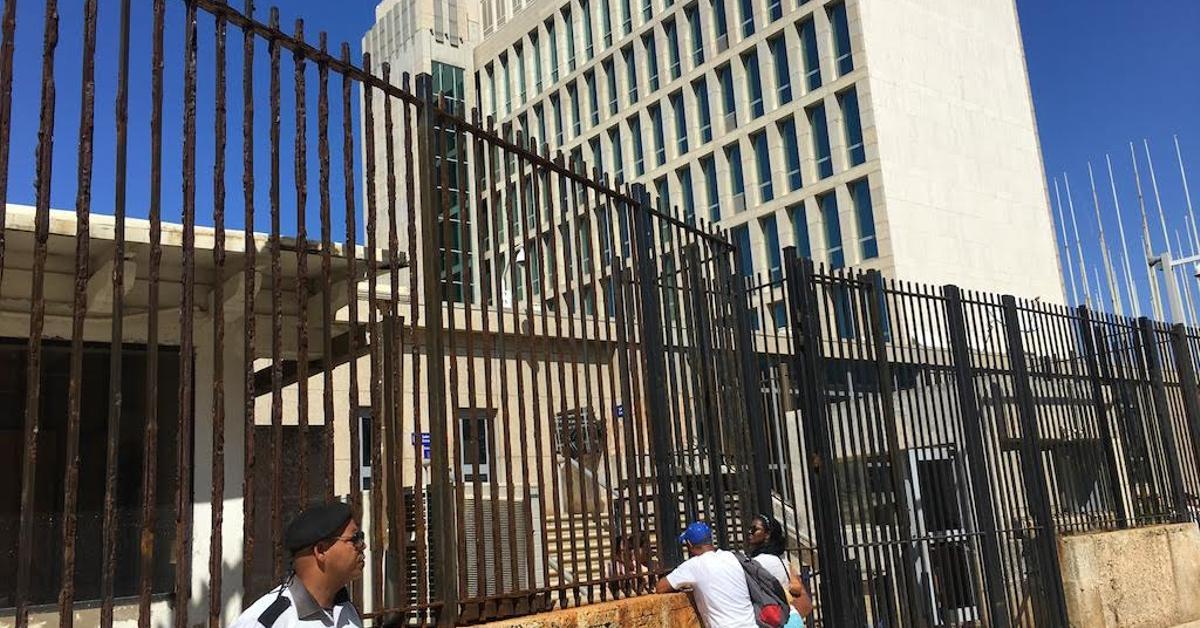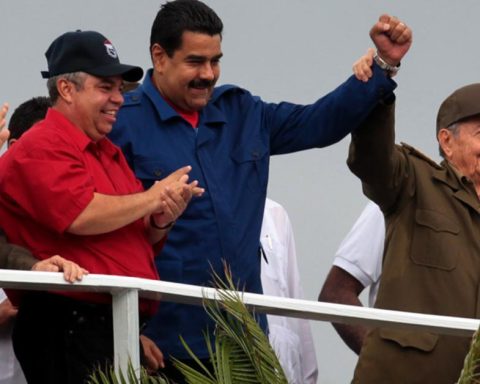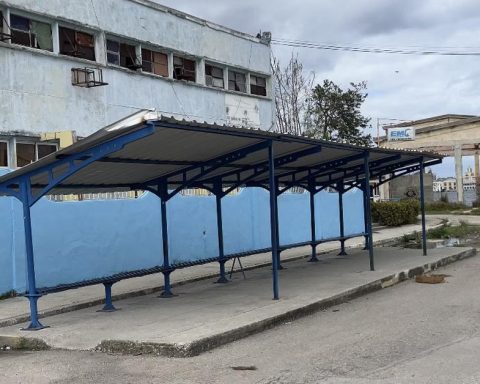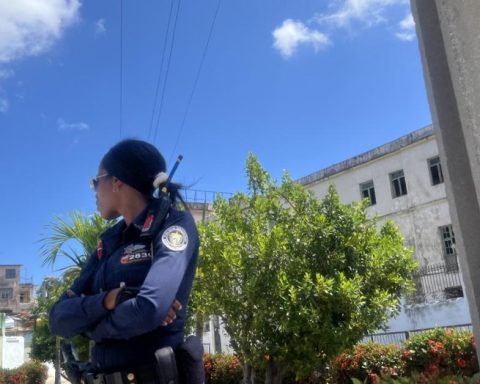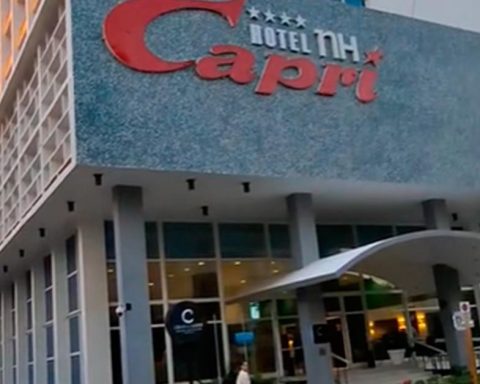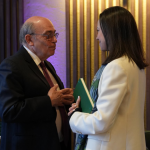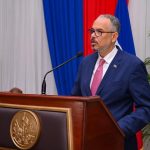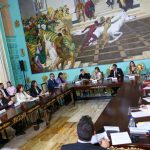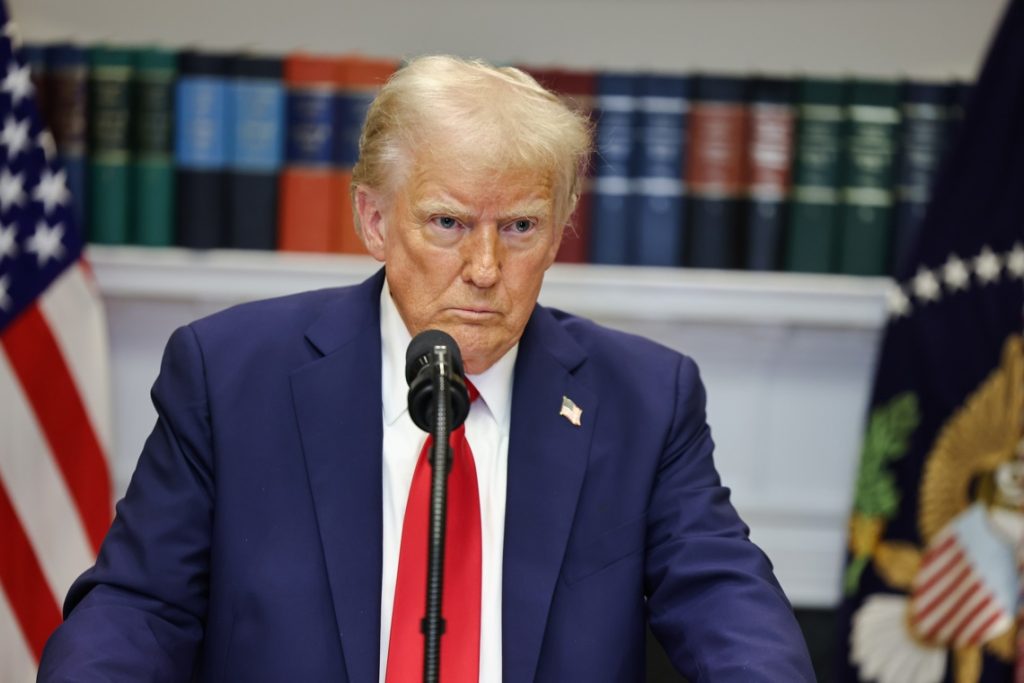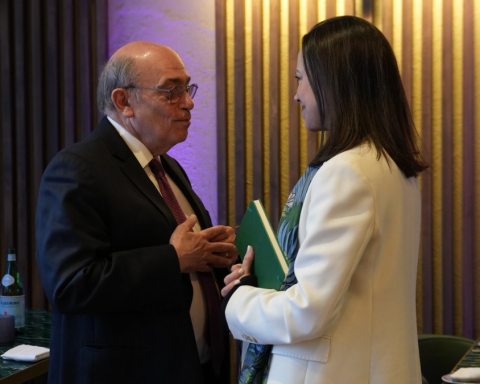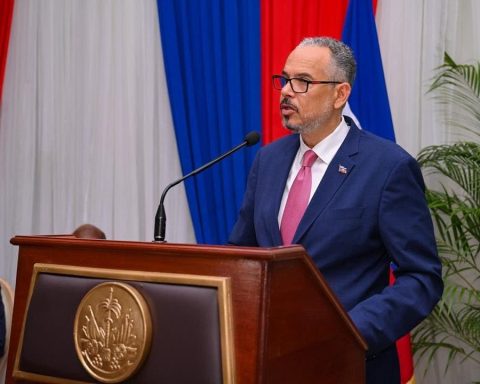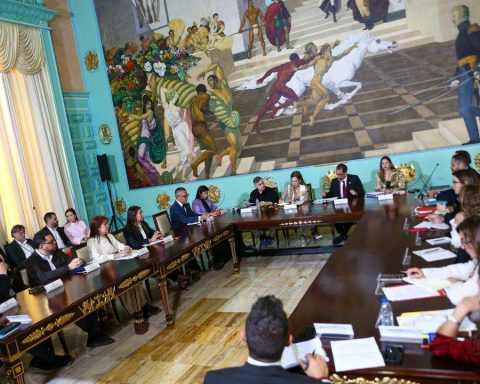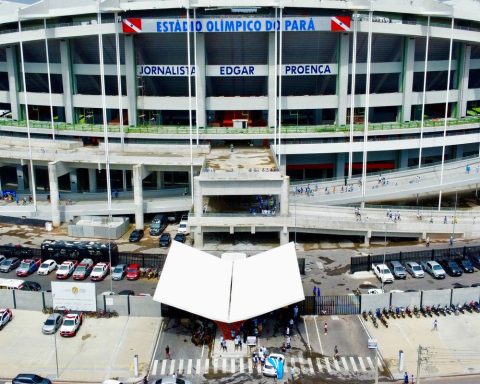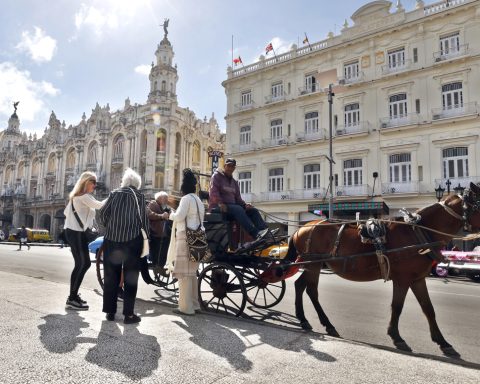Madrid/Sources from the Department of Homeland Security denied this Wednesday false news that in a few hours spread like wildfire on social networks among a large part of the Cuban community. The publication contained the outline of a plan – presumably on the table of US President Donald Trump – to “accelerate the end of the Cuban dictatorship.”
“Don’t be fooled by rumors. “Always verify information using official US Government sources,” a senior official said Wednesday night. to the independent media Strong Coffeefounded by veteran Cuban journalist Wilfredo Cancio Isla. The denial note also states that “no Trump Administration official or member of federal agencies had been contacted to confirm the legitimacy of the pamphlet.”
The text originally came from the also renowned Miami-based journalist Mario Vallejo, who stressed on his Facebook account that the content was not official and had reached him through a “well-informed” source. The alleged measures are part, he said, of a draft that could – always with the use of the conditional – be approved as such or with modifications. The entry into force would be announced on January 30, a very short period if it were still being studied, although the new Administration has not been characterized in its first hours of life precisely by its delay.
The entry into force would be announced on January 30, a very short period if it were still being studied
There are five points in the message: the total suspension of the sending of remittances, that of direct commercial flights, the return of Cubans with deportation orders or criminal convictions, as well as that of people linked to the regime and, finally, the most controversial, the restrictions for exiles who have received political asylum or humanitarian parole who return to the Island and who, according to rumor, would not be able to return to the United States if they had made such a trip.
Finally, the post concludes by stating that the Department of Homeland Security “will monitor the implementation of these policies to ensure their compliance and effectiveness.”
The message has accumulated at least 3,500 comments and has been shared about 3,400 times. In turn, hundreds or even thousands of accounts have spread it again, exponentially multiplying the disclosure of alleged measures that, for now, are no more than mere speculation. The first Donald Trump Administration limited remittance shipments and commercial flights to Cuba, so it is not unreasonable to think that it could repeat similar measures.
The deportation of those sanctioned by law or those who already have an expulsion order, some 42,000 people from the Island at this time, according to official sources, also seems consistent with the White House’s plans. Furthermore, the former Cuban officials who arrived in the United States with the humanitarian parole program already had their cases, for the most part, under judicial review, since they failed to comply with their obligation to declare it.
More confusing is the measure that implies preventing the return of those who travel to the Island and against it, more specifically it has been pronounced journalist Mario J. Pentón – former editor of 14ymedio and currently in Martí News–, who said he was disgusted with the circulation of this fake news.
“It deeply bothers me that they do these kinds of things with people, precisely because they are taking advantage of people who are afraid, of people who are in a vulnerable situation,” he said. The reporter broadcast a video on his social networks analyzing the rumor that, according to his sources, is completely false, and asks for patience to see what measures are officially decided from Washington.
“It bothers me deeply that they do this type of thing with people, precisely because they are taking advantage of people who are afraid, of people who are in a vulnerable situation”
Pentón fiercely defends Vallejo, although he attributes the “leaked document” to State Security, which would call into question the “journalistic nose” of his namesake. The experience of both is beyond doubt, although their versions differ completely.
About what happens, “you will find out precisely the moment the United States Government announces it,” Pentón argues. Although he also suspects that the majority of the supposed announcements may be reality from now on, he is against disclosing unconfirmed information up to two or three times, a journalistic maxim beyond any doubt in any democratic country, where verification through more or less sources officers is possible through several calls.
This does not happen in places like Cuba, where information is controlled and obtaining verification is impossible through official channels and very complex through unofficial channels, who sometimes fear for their integrity when telling something. This context has led to the spread of rumors on the Island – through social networks – which sometimes end up becoming reality, but often not. With the risks that entails.
In democratic countries, disinformation usually responds to political interests – internal or external – or fundamentally economic interests, but the press, which has verification mechanisms, is obliged to monitor this information. Pentón, therefore, denies the “barbarities” that appear in the “draft”, and in his opinion are the attributions to the Department of National Security of issues that are the responsibility of the Treasury or Justice.
Pentón, therefore, denies the “barbarities” that appear in the “draft”, and in his opinion are the attributions to the Department of Homeland Security of issues that are the responsibility of the Treasury or Justice.
The reporter, very concerned about the fear that some Cubans who were planning to go to the Island may feel, calls for differentiating between those who entered with the parole humanitarian – who only have one entrance to the United States and must remain there before benefiting from the Cuban Adjustment Act – and those who have political asylum, whose trip would be an indication that they lied before a judge, since they are not afraid to return to their country.
Pentón asks to remain calm until there are real measures and that unjustified fear is not instilled in the population, although he does express concern about what may happen with visas, which Congress can block for citizens of countries that do not accept deportations, something that It will probably end up happening in Cuba.
